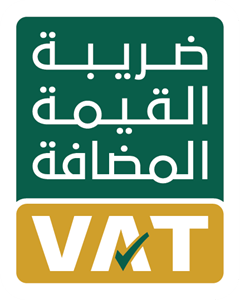Overview: The rise of telemedicine has transformed healthcare delivery, especially during the COVID-19 pandemic. Telemedicine allows patients to consult healthcare providers remotely through video calls, phone calls, and messaging platforms.
Successful Application: Companies like Teladoc and Doctor on Demand have made significant strides in providing virtual healthcare services. These platforms enable patients to access medical advice from the comfort of their homes, improving access to care, especially in rural areas.
Impact:
- Increased Access: Patients can receive timely medical attention without the need for travel.
- Cost-Effective: Telemedicine reduces costs associated with in-person visits, making healthcare more affordable.
- Enhanced Patient Engagement: Patients can be more proactive in managing their health through easy access to medical professionals.






